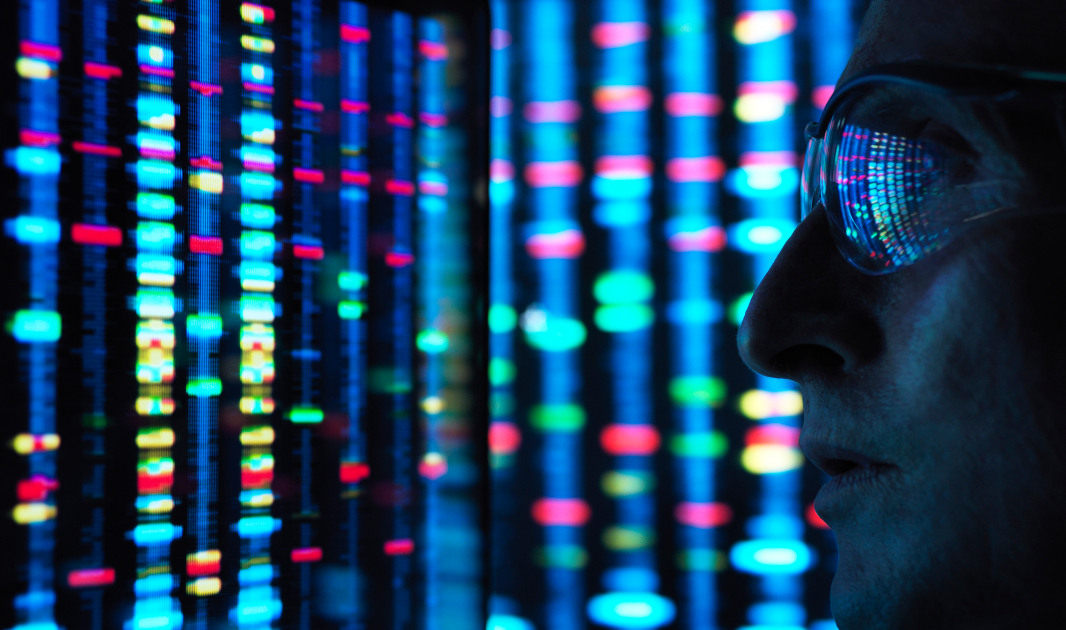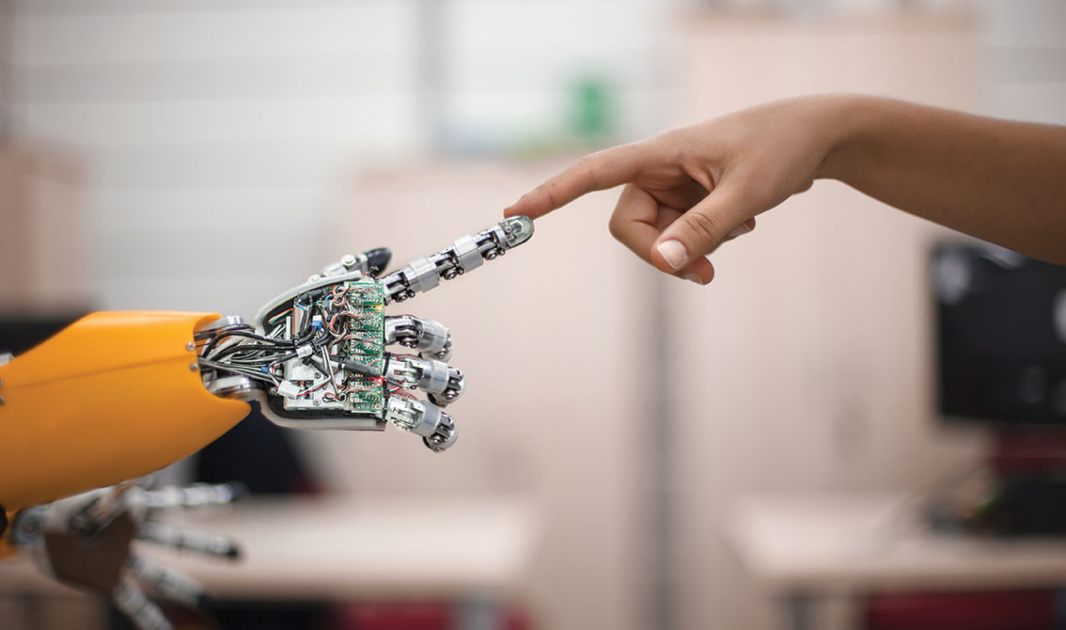Humankind has always pushed itself forward into realms of discovery. Our curious nature is what first separated us from animals.
For the past centuries, there have been countless of developments and advancements in the world. Scientists and researchers have continued to discover new things and expand our understanding and knowledge of the natural phenomena happening around us.
When it came time to develop it scientifically, there were several great minds working on the problem at the same time.
From penicillin to genome editing to the internet, we asked our team of experts at Evolve for their views on the greatest scientific discoveries of all time.

Stellar Nucleosynthesis
In science, you don’t have to get everything right in order to get the most incredible things correct. Sometimes good ideas emerge from a failed paradigm. An excellent example of both is a groundbreaking stellar nucleosynthesis paper, published in 1957, to explain how all of the stars and planets in the Universe were built from elementary particles.
Evolve‘s Zach Muscat said: ‘Besides giving us a better understanding of our Universe, it also tells us how we are almost entirely made out of stardust. We truly share connections with everything around us.’
Electricity
Nikola Tesla was one of the most renowned inventors and electrical engineers. Alternating Current was one of his greatest discoveries but it involved him in a bitter war with light bulb inventor Thomas Edison and an enduring friendship with George Westinghouse, who founded the Westinghouse Electric & Manufacturing Company in 1886.
Evolve‘s Corinne Falzon said: ‘Electricity was an opener invention to many other inventions. I think it’s fair to say most inventions would have never happened if there wasn’t electricity.’
Antibiotics
Antibiotics revolutionised medicine in the twentieth century, and together with vaccinations, have almost completely eradicated many once-common diseases such as tuberculosis. While the use of mould to treat infections was first noted by ancient civilisations such as the Egyptians and the Greeks, it was Sir Alexander Fleming who in 1928 discovered the first antibiotic substance, Penicillin G. For the millions of lives that antibiotics have, and continue to, save worldwide, antibiotics have to be in any scientific top five.
Evolve‘s Mark Mizzi said: ‘Antibiotics revolutionised the past century and have done away with certain diseases such as smallpox- and are dramatically reducing incidents of others like tuberculosis, polio and malaria.’

DNA and Genetic Testing
Over the last 60 years, our rapidly evolving understanding of DNA has catapulted medical knowledge and treatments and even transformed the way we solve crimes. Since James Watson and Francis Crick’s discovery of the double helix structure of DNA in 1953, the scientific community has split in many different directions to investigate the building blocks of life to understand what makes us who we are. Without the discovery of DNA, we wouldn’t have all the ground-breaking studies going on right now in genome mapping and sequencing, so for that reason, DNA has to be my number one scientific discovery of all time.
Evolve‘s Adrian Balghy said: ‘Thanks to the study of DNA and genes we can prevent genetic diseases, inherited from one generation to another. It can detect genetic predisposition to disease and create new drugs to treat such diseases. Genetics can help healthcare professionals examine certain conditions before a baby is born, during embryo genetic testing and prenatal testing.’
The Internet
Possibly the greatest technological invention of our time. A truly remarkable feat of physics and engineering in its own right, the Internet has had a huge impact on science from connecting scientists across the globe and allowing them to share information and research more easily, to providing scientific resources and papers to more people than ever. The internet is even helping to fund new discoveries; for example the social media phenomena the ALS ice bucket challenge, which fully funded a number of scientific research projects including one which identified a new gene associated with the neurological disorder.
Evolve‘s Fiona Mallia said: ‘The Internet is providing effective communication to any part of the world. Business interactions and transactions changed significantly. Online banking and online shopping have made life less complicated.’
Theory of Evolution
Evolution is the most revolutionary concept in the history of science. Nothing else has more radically changed our understanding of the natural world and ourselves. The work of Charles Darwin showed that humans are just another animal occupying a small branch on a vast tree of life. On topics ranging from intelligent design and climate change to the politics of gender and race, the evolutionary writings of Darwin occupy a pivotal position in contemporary science. Darwin’s revolutionary theory was that new species arise naturally, by a process of evolution, rather than having been created by God.
Evolve‘s Tania Teixeira said: ‘This theory changed how the world looks at the evolution of species. Darwin’s famous trip on board HMS Beagle to the Galapagos Islands and his observations during his voyage have fascinated me since I was at school.’
Good to know
Be the first to hear our latest news, ideas and initiatives from Evolve
Leading laboratory equipment supplier in Malta
As a leading provider of lab equipment and consumables in Malta, we help scientists, researchers, educators and professionals in the medical, scientific and industrial fields increase productivity and efficiency every day.
Aside from being a trusted supplier of high quality lab equipment and chemicals, we also back all of our products with unbiased and expert technical assistance to help you solve your application needs.
The combination of our experience in the science industry coupled with dedicated and knowledgeable experts means we can also design a tailored laboratory solution to perfectly suit your requirements.


